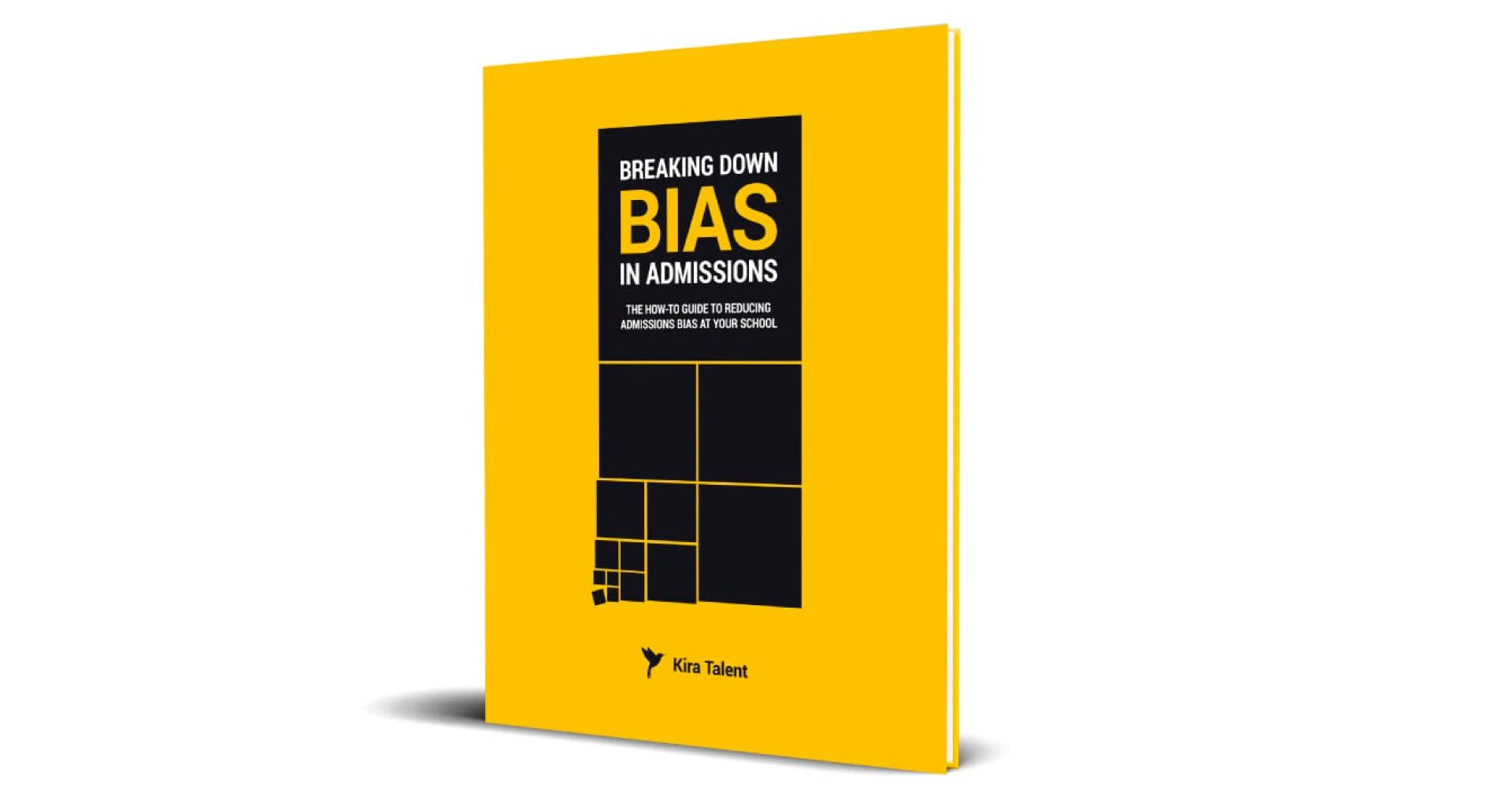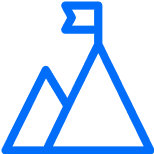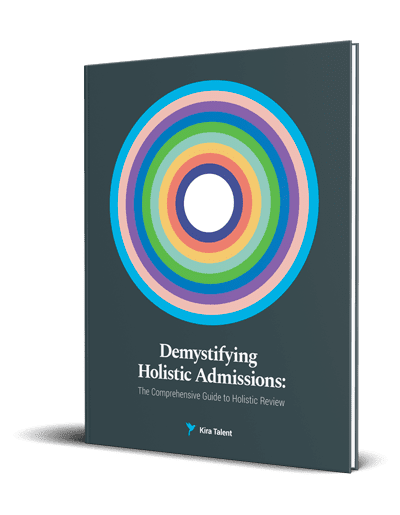At the University of Alberta, it’s not only in admissions where Kira Talent is helping engage applicants.
“This year, we had more than double the number of applicants to our mentorship program,” shared Dallyce Bialowas, the Student Engagement Specialist at the University of Alberta Faculty of Science. “Using Kira Talent to assess those applicants and identify student leaders helped me manage the increase.”
Connecting incoming students with upper-year volunteers, the Science Mentor Program helps new students become thriving members of the campus community. From enrollment through their first academic year, the mentees are able to select the method and amount of support they need, with options ranging from text messaging to in-person connection.
By using Kira Talent to interview and assess the students applying to become mentors, Bialowas is able to hone in on key leadership skills and personality traits.
“The Science Mentor Program allows our newest students to learn and benefit from the lived experience of their peers as they find their place on campus,” explained Bialowas. “In order to support that process, we need to make sure that the mentors we’re hiring have the right soft skills.”
Establishing an objective and efficient approach
“Prior to my current role in student engagement, I worked at the University of Alberta College of Pharmacy which uses Kira Talent to help assess applicants during the admissions process for the soft skills they will need in their future career as a healthcare professional,” shared Bialowas. “When I started with the Science Mentor Program, I knew right away that Kira could help me scale and improve the assessment process.”
Learn how Kira is helping more healthcare programs scale and improve their admissions processes
Before implementing Kira, the University of Alberta Science Mentor Program used in-person interviews to assess their applicants, with one faculty staff member conducting the interviews with the help of existing senior mentors.
“The program at that time was much smaller and even then the process was time-consuming,” shared Bialowas.
With more than double the number of applicants this past cycle, the Science Mentor Program needed to streamline their process, and they needed to do it quickly.
“If we didn’t switch to Kira Talent for this fall, the interviewing processes would have taken me weeks,” shared Bialowas.
And time wasn’t the only thing being lost.
"The search and selection process could be very subjective," Bialowas explained. "With Kira, I saw the opportunity to formalize the recruitment process using objective measures on which to base applicant rankings."
“Going forward, I want to make sure that my decisions are as transparent, and therefore defensible, as possible.”
A new mode of mitigating bias
“Kira’s anti-bias training was a massive benefit for me,” shared Bialowas. “Bias is a big star item on campuses right now; it’s all we’re talking about.”
“Top programs and admissions leaders are investing a lot into re-assessing and ensuring that they’re being inclusive and cognizant in their evaluations,” she added.
Learn more about the nine most common forms of bias in admissions — and how Kira helps mitigate them
“It can be a significant undertaking, but with Kira, it’s built right into the process, which makes it so convenient.”
“I’ve reached out to other admissions teams to tell them about Kira’s anti-bias workshop and how much it can impact the admissions process,” continued Bialowas. “It has made such an impact in the development of our assessment process.”
The right tools to find the right mentors
Beyond simply offering a platform through which to assess her applicants, Bialowas knew that Kira could help her establish competencies, create the criteria, and, ultimately, recruit mentors that demonstrate the qualities needed to be successful.
“The competencies we developed with Kira provide objective, measurable metrics for our mentor selection,” explained Bialowas.
“We’re getting more qualified candidates with skills that more closely align with the values and goals of the program.”
“Leading up to my first meeting with Kira I spent a lot of time researching what makes a great mentor,” she continued. “Leadership skills were the most popular factor cited but nobody talked about what that means and how to assess it. It was my Client Success Manager at Kira who helped me go deeper and establish what a star leader would do, and how we can identify those kinds of skills and qualities during an interview.”
And when an otherwise strong applicant falters in one area, Kira is providing the insights Bialowas needs to determine whether they should be kept in the running.
“We’re able to identify areas where otherwise strong applicants might need a little extra training,” Bialowas continued. “We can then make sure that we add those focuses to the training sessions during our orientation.”
“Kira is really helping me build out the program,” she added “The student outcomes are that much better.”
A multi-faceted evaluation for a modern program
Using a combination of timed-video and timed-written responses, the University of Alberta’s Science Mentor Program is able to assess applicants' communication skills across modalities.
“Kira gives us the option to assess applicants’ communication skills in a way that reflects how they’ll need to communicate as mentors,” explained Bialowas.
“We’re asking our students how they want to be supported and many are choosing online interactions.”
“Our mentors communicate through social media, chat rooms, text, and email,” Bialowas continued. “So a simple interview isn’t enough to assess that range of communication ability. With the option to gather written responses in Kira, we’re able to assess how well they can convey a message in real-time.”
Looking forward, Bialowas hopes that the University of Alberta’s success will inspire more mentorship programs to build out their admissions processes.
“When I speak to peers in other mentorship programs, they’re surprised by the depth of insight we’re able to glean from applicants’ responses,” she explained. “There’s so much flexibility in the Kira platform, it’s not just about academics. We’re building out an important piece of the student experience.”
Discover what applicants thought of their experience with Kira






